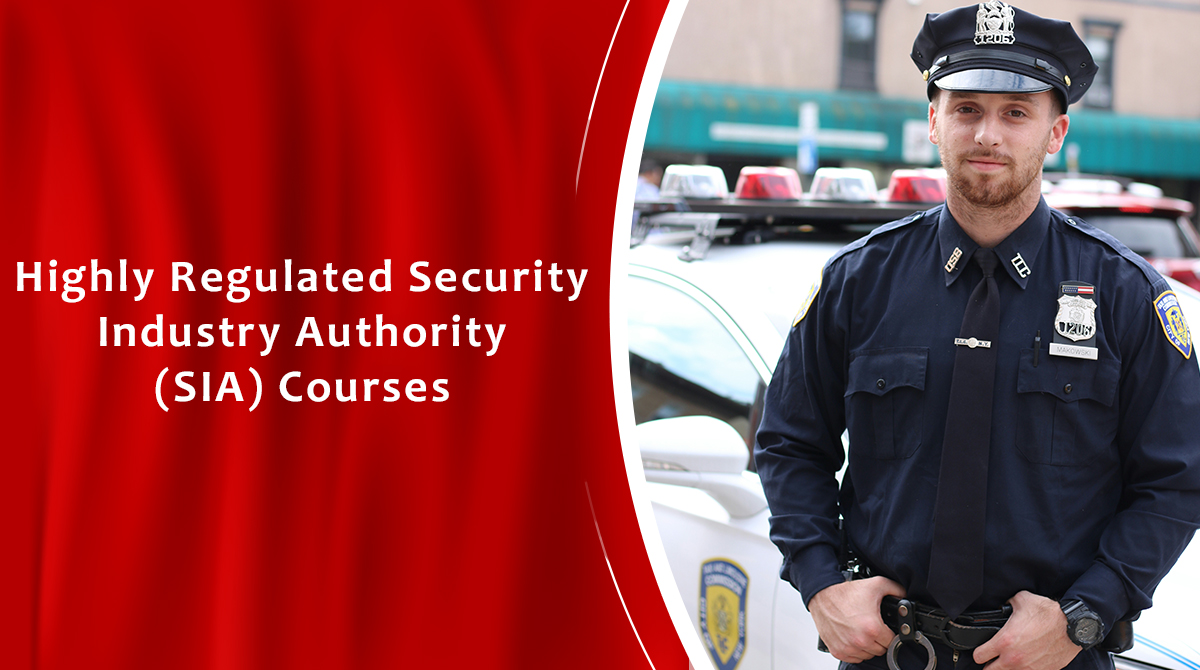
Considering individuals undertaking courses such as the Level 2 Award in Door Supervision in the Private Security Industry will, eventually, find jobs—as door supervisors—somewhere, is the logical outcome one might expect following a gruelling six—sometimes, almost seven—day course which includes segments in Physical Intervention (PI)—a module which consists of demonstrating a series of holds not unfamiliar to anyone with an interest in the Martial Arts.
Over the course of a week, participants will be taught about the main characteristics of the Private Security Industry; the importance of safe working practices; drug-misuse legislation; issues and procedures relevant to the role of a door supervisor; licensing law; queue management; how to recognise, assess and reduce risk in conflict situations; problem-solving techniques when resolving conflict; physical interventions and the implications of their use; the use of non-aggressive physical skills to protect yourself and others.
To complete this qualification, candidates are expected to undertake approximately sixty-one (61) hours of learning. The SIA stipulates a minimum of 44 contact hours (6-days) if self-study is undertaken.
By now you’d have gleaned from the above that this course is quite heavy going; the elements covered are examined on day six—or day seven—through a Multiple Choice Question (MCQ) exam that each candidate has to pass in order to qualify for the Level 2 Award, following which they’d become eligible to apply for their SIA sanctioned Door Supervisor License—which has a shelf-life of three years—after which the license holder must undertake a two-day upskilling (or refresher) course, called the Level 2 Award in Door Supervision Top-up.
When you’re out and about, perhaps shopping or walking to work, you might come across a Door Supervisor, usually apparelled in a luminous high-visibility vest or jacket, adorned by an assortment of equipment—and other tools—not unlike those seen on a police officer. They might seem as though they’re standing about, with expressions that might only be described as aggressive, potentially hostile, paranoid, possibly unfriendly, or even apprehensive; but rest assured, they’ve been trained to be vigilant, and your initial review of them might not be as justified as you may believe.
Let’s just say, for arguments’ sake (God forbid), a gunman (or some knife wielding crazy) decides to hold up the store you’re visiting. That edifice of seeming angst and paranoia will—in theory—be the person you will look to for direction, guidance about what must be done in a potentially fast evolving hostage situation. Let’s get one thing straight: they’re not trained police officers (not all of them, mind, but some of them have served as police officers at some point in their lives); and they’re not the SAS (though many of them come with significant experience in the British—and other foreign—armed forces). So, this individual, attired in a high-visual vest or jacket is—or should be—the person who will lead you—and others—to safety. Seriously, and also for dramatic effect, it’s a matter of life or death.
So, what kind of personal characteristics might you expect from this random, crazily dressed individual, who was a moment before a seeming bag of nerves, but now has the key to your life in their hands? Vigilance is one key characteristic, as is intelligence, competence, and confidence. They must also be a good communicator—through their words and their body language. Now I’m waffling a bit, so I’ll stop right there, because I think you’ve grasped the point I’m trying to make: the courses these guys have to undertake, complete, and pass are highly regulated—by the Security Industry Authority (SIA), which is a UK government body. The Awarding Organisations certificating the courses adhere to the rules and regulations set down by the SIA, and training providers, such as myself, we abide by the dictates of both, doing our best to carry out our delivery to the highest standards possible.
The way in which we uphold our quality standards is to ensure we have a robust Internal Quality Assurance (IQA) system. As well as this, it is crucial that the trainers we employ are seasoned professionals, who have lived and breathed the Private Security Industry, weathered its myriad highs and lows, and who can pass on to our candidates the pearls of their tortuously acquired wisdom.
I tweet at@iamhamidshahid and can be reached via email at hsk@suigeneristraining.co.uk
For more information on what my company does, you may view suigeneristraining.co.uk at your leisure.

